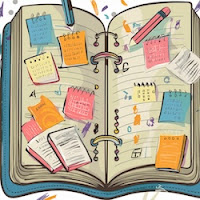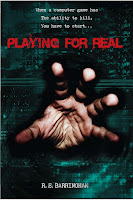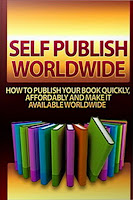"If you don't separate yourself from distractions, your distractions will separate you from your goals." ~ Steve Harvey
I love reading about other writers’ goals and how they plan to achieve them. This is something that’s always fascinated me, probably because it reassures me that I’m not alone.
But what is a successful writing plan?
I’ve learned a lot about how other writers’ minds work and it can be inspiring to read about their successes as well as their failures. Mostly I love their tenacity to keep going no matter what.
Working as a writer is extremely isolating because I have to work completely alone and cannot stand the smallest disturbance when I’m “in the flow,” deeply absorbed in my writing.
Thankfully, the Internet, books, and podcasts, gives me access to other writers, and seeing them go through the same struggle I do gives me hope.
When I first began writing professionally, I went openly online talking about what I was doing. The reaction from some people (through blog comments and emails) was hostile to say the least, and I used to get upset about it.
But eventually I discovered that I wasn’t the only writer getting criticism. In fact I was far from it. I found out that even the most prolific and successful writers received hate mail. Most writers put it down to jealousy and moved on, so I did too. I still get a few haters now and again, but thankfully it’s easy to report them and block them.
It turned out that even hugely successful authors like Stephen King get people telling him how he could have written his books better, even though they’ve never written anything and his books are not only best sellers, but many have been made into high-grossing movies. He wrote about this in his book ‘On Writing.’
But trolls like these are the type of thing that can be distracting, especially if you’re just starting your career, like I was at the time. Back then, even other writers would tell me that I’d never make it as a published author because I self-published my books when no one else (or not many) was doing it.
Then the self-publishing industry boomed and I was already way ahead of the rest, who’ve since failed and seem to have fallen out of the writing universe, yet here I am - still!
And it’s probably due tot he fact that, like all the successful writers I’ve read about, I’ve always had a plan of what I wanted to achieve and how I was going to do it.
My original plan was to set up several websites and us them to earn money through advertising and affiliate marketing. At the same time, I was also doing freelance writing and submitting article ideas to magazines and other websites all the time. And it worked well.
My next plan was to write a novel, which I did . I self-published it (which took a lot of research back then to figure out how to do it), and when I started making sales, I wrote a book about how I did it so that others could do it too, and that’s when I got trolled by the haters. Yet at the same time, my books sales took off (and I swear the trolls helped me with marketing by talking about me all over the Internet), and my websites were all earning me a good passive income.
Since then my plans have changed a few more times because the online and publishing world have changed so much. I’ve always been constantly learning the whole time so that I can keep up with everything. Even now I’m trying to keep up with AI and how it’s making even more changes to the way I work.
My plan now is to write and publish as many books as I can, as well as still doing freelance writing.
But no matter what, having a plan is important because without one, how can you achieve anything?








